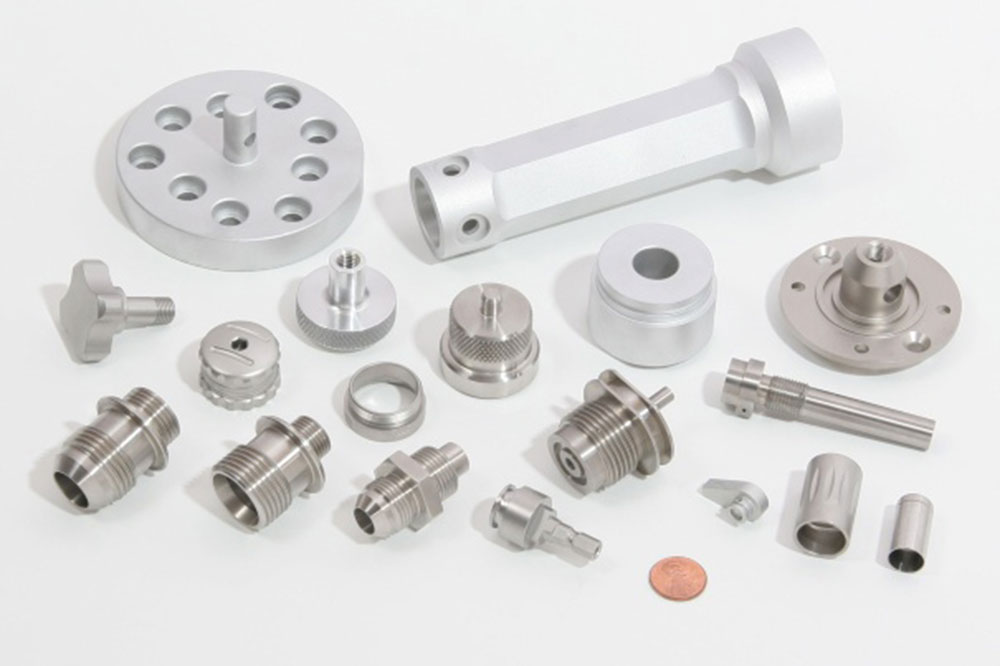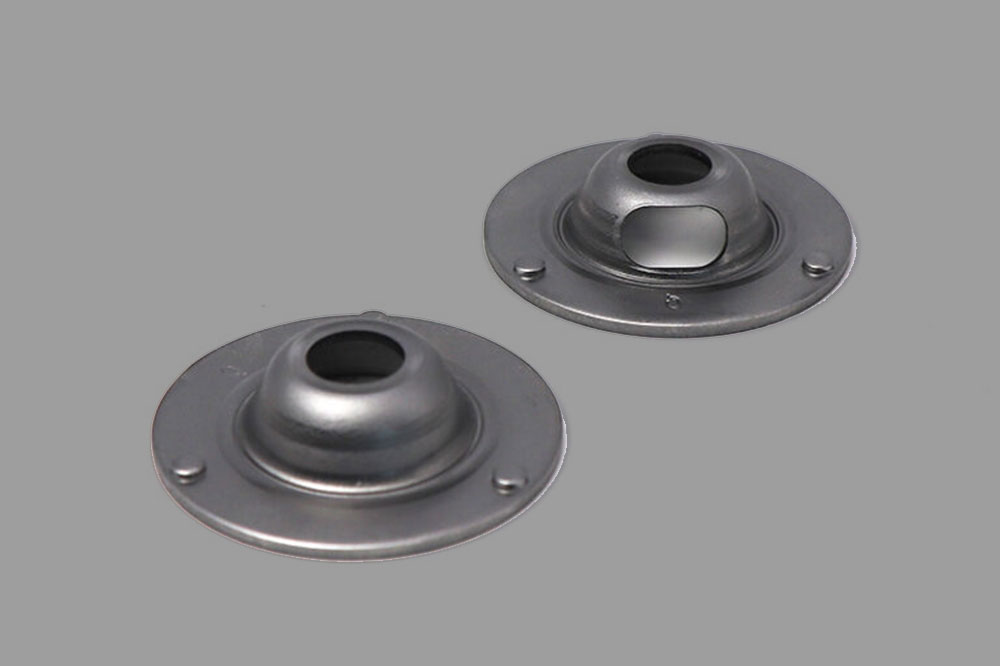- Information Classification
Surfactant Particles Adsorption at Electrode-Solution
Author | Zhengqiang Industry Insights Team
Updated | September 2025
Introduction: The Role of Surfactant Particles in Modern Electrochemistry
In electrochemical systems, surfactant particles play a vital role in modifying electrode reactions, controlling deposition processes, and stabilizing interfaces. Their ability to undergo characteristic adsorption at the electrode-solution interface directly affects efficiency, stability, and quality in applications such as electroplating, corrosion inhibition, and advanced energy storage systems.
At Zhengqiang Technology Group, we recognize the importance of exploring the fundamental factors that influence adsorption. Understanding these interactions allows us to optimize our industrial processes—including precision components, capacitors, new ceramic materials, stamping molds, and advanced surface treatments—and ensure our clients receive solutions with unmatched consistency and reliability.
In this comprehensive guide, we analyze the critical factors that govern the adsorption of surfactant particles at electrode interfaces, combining scientific insight with practical applications relevant to modern manufacturing.

Electrode Properties and Surface State: Key Factors for Surfactant Particle Adsorption
The nature of the electrode and its surface condition largely determine how surfactant particles interact with the interface. Adsorption is a product of intermolecular forces or chemical bonding forces between electrode surfaces and surfactant particles.
For example:
-
Dropping mercury electrodes provide a uniform surface state, resulting in homogeneous adsorption across the electrode.
-
Solid electrodes, however, often have surface irregularities that lead to uneven adsorption. Certain regions may favor strong attachment, while others undergo rapid desorption.
This distinction is crucial in electroplating and corrosion control. When the electrode surface is rough, porous, or contaminated, adsorption may be inconsistent, leading to defects such as uneven coatings or compromised electrode stability. On the other hand, smooth and chemically treated surfaces improve particle affinity, producing better uniformity and stability.
In practical terms, industries must carefully choose electrode materials and invest in surface conditioning techniques—such as polishing, acid washing, or plasma treatment—to ensure that surfactant particles adhere effectively and consistently during electrochemical processes.
Surfactant Particle Properties and Their Impact on Adsorption
Not all surfactant particles are created equal. Their adsorption behavior depends heavily on their intrinsic properties, including polarity, molecular structure, charge distribution, and compatibility with electrode material.
-
Cationic surfactant particles often bond more readily with negatively charged surfaces.
-
Anionic surfactant particles may demonstrate better adsorption in systems where electrodes exhibit a positive surface charge.
-
Nonionic surfactant particles tend to rely on weaker van der Waals forces and hydrogen bonding, leading to more delicate adsorption interactions.
Because of this, successful adsorption requires matching the right surfactant particle to the right electrode surface. This principle is essential in electroplating, where carefully chosen additives ensure smoother finishes, controlled deposition rates, and enhanced durability of the plated layer.
At Zhengqiang, we emphasize rigorous selection of surfactant additives for our advanced plating and surface treatment lines. By carefully matching surfactant chemistry with electrode properties, we help clients achieve optimal results, minimizing waste and maximizing efficiency.
Influence of Surfactant Particle Concentration
Concentration is another factor that significantly impacts adsorption. Within a certain range, increasing the concentration of surfactant particles results in greater adsorption at the electrode interface. However, once surface saturation is reached, additional surfactant particles contribute little to further adsorption.
-
Low concentrations: Adsorption is incomplete, reducing effectiveness in stabilizing the electrode-solution interface.
-
Optimal concentrations: Adsorption is maximized without oversaturation, ensuring strong bonding and uniform coatings.
-
Excessive concentrations: No additional benefit is observed; instead, side effects such as micelle formation, increased viscosity, or electrode fouling may occur.
This principle underlines the importance of precision in industrial applications. In electroplating processes, adding more surfactant is not always better. Carefully optimized dosing ensures efficiency, minimizes cost, and avoids wasteful side reactions.
Zhengqiang’s expertise lies in striking this balance. By leveraging advanced monitoring systems and real-time process adjustments, we ensure that surfactant particles are always maintained at optimal levels during production.
Electrode Potential and Its Role in Characteristic Adsorption
Adsorption of surfactant particles only occurs within specific electrode potential ranges. The driving factor lies in the energy balance:
-
Adsorption releases heat, lowering the system’s energy, which favors particle attachment.
-
At certain electrode potentials, the electrode surface carries minimal charge, maximizing adsorption efficiency.
-
When potential becomes too positive or too negative, the double-layer energy increases. This reduces adsorption effectiveness and may even cause desorption if the increase in energy surpasses the heat released during adsorption.
In simpler terms, the electrode potential window determines whether adsorption is favorable, neutral, or unfavorable.
Industrially, this means that selecting additives and adjusting electrode potential must go hand in hand. At Zhengqiang, our engineers carefully control potential ranges during surface treatments and electroplating, ensuring that the surfactant particles consistently perform as intended within their optimal range.
Why Choose Zhengqiang Technology Group
When it comes to industrial processes influenced by surfactant particles, Zhengqiang Technology Group stands as a trusted partner.
-
Proven Expertise: We specialize in precision components, electronic materials, stamping molds, and advanced surface treatments.
-
Scientific Process Control: By understanding adsorption mechanisms, we optimize concentration, electrode properties, and potentials for maximum efficiency.
-
Global Standards: Our manufacturing practices meet international benchmarks for quality, reliability, and sustainability.
-
Customer-Centric Approach: We combine tradition, innovation, and rigorous process management to deliver solutions tailored to each client’s needs.
By choosing Zhengqiang, clients benefit from both deep technical expertise and practical industrial solutions, ensuring competitive advantage in their respective markets.

FAQ: Surfactant Particles at the Electrode-Solution Interface
Q1: Why are surfactant particles important in electrochemical systems?
A: They stabilize interfaces, control deposition, and improve surface uniformity in electroplating and corrosion protection.
Q2: Can any surfactant particle work with any electrode material?
A: No. Adsorption depends on matching particle chemistry to electrode properties for optimal results.
Q3: How does electrode potential influence adsorption?
A: Adsorption occurs within specific potential ranges; outside these ranges, desorption may occur.
Q4: What happens if surfactant concentration is too high?
A: Oversaturation can cause inefficiency, micelle formation, and even electrode fouling.
Q5: How does Zhengqiang ensure adsorption optimization?
A: Through advanced monitoring, precise additive selection, and strict quality control during production.
Conclusion
The characteristic adsorption of surfactant particles at the electrode-solution interface is influenced by several critical factors: electrode properties, particle characteristics, concentration, and electrode potential. Understanding and controlling these variables is key to achieving consistent, efficient, and reliable results in electrochemical industries.
At Zhengqiang Technology Group, we integrate deep scientific knowledge with advanced manufacturing capabilities to help clients worldwide optimize their processes.
Contact us today to discover how Zhengqiang can provide innovative, reliable, and cost-effective solutions tailored to your industrial needs.

